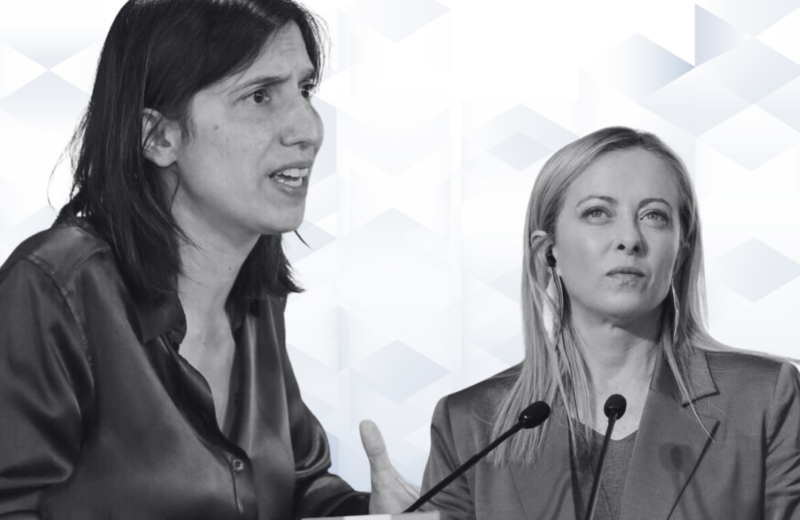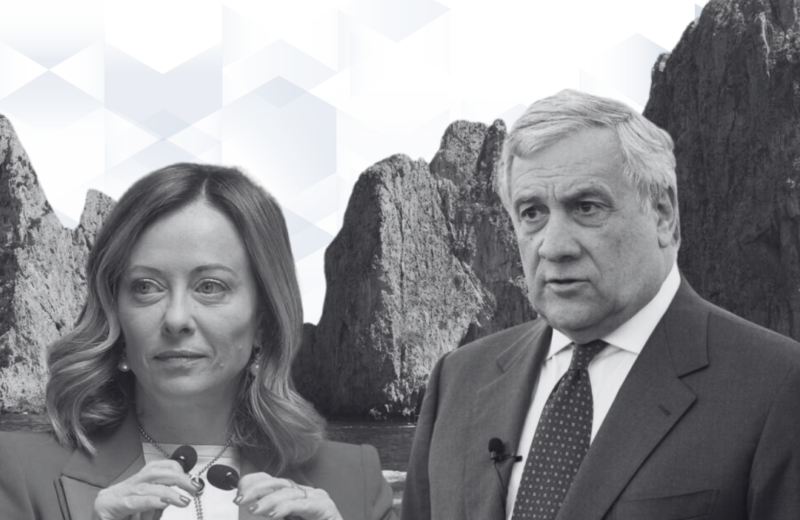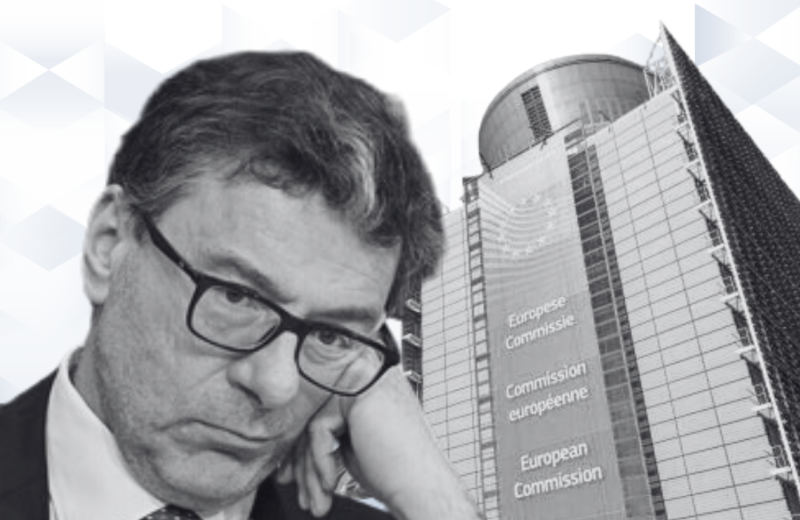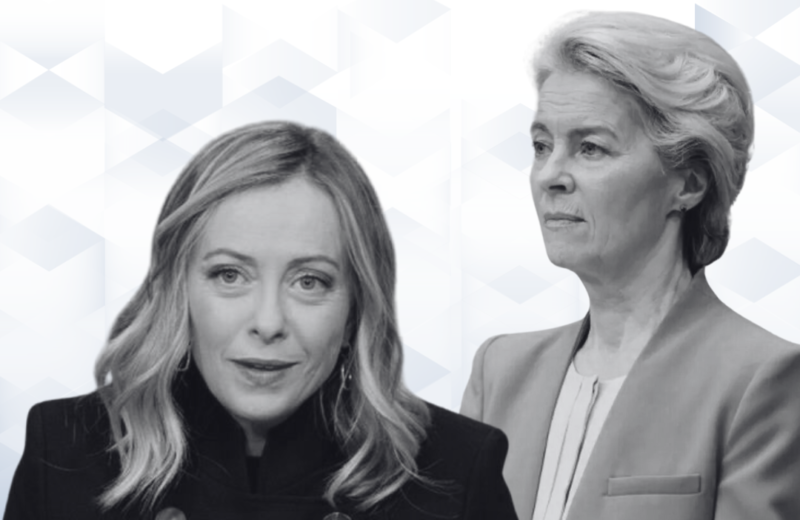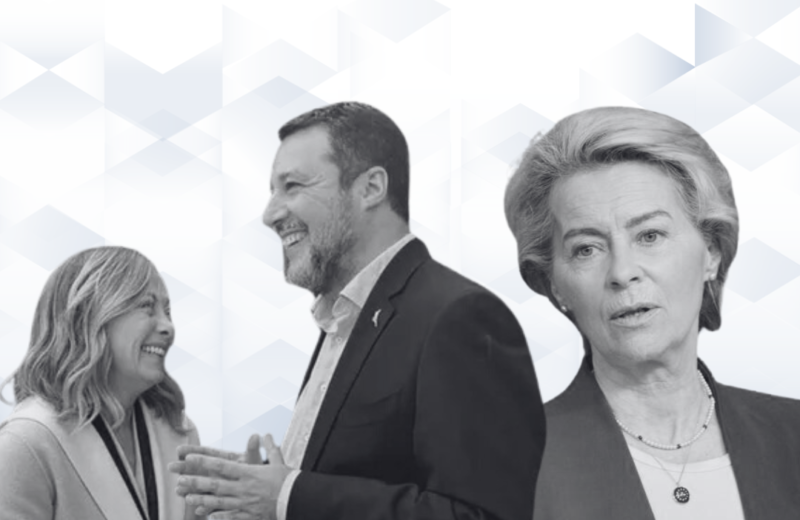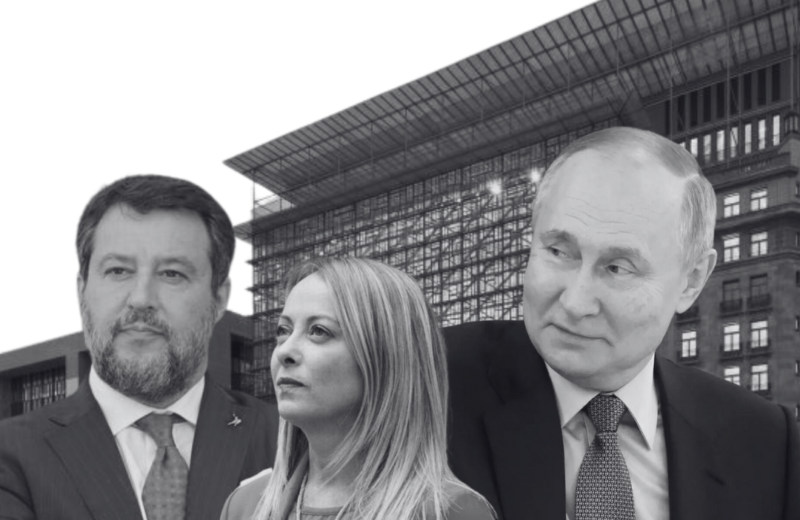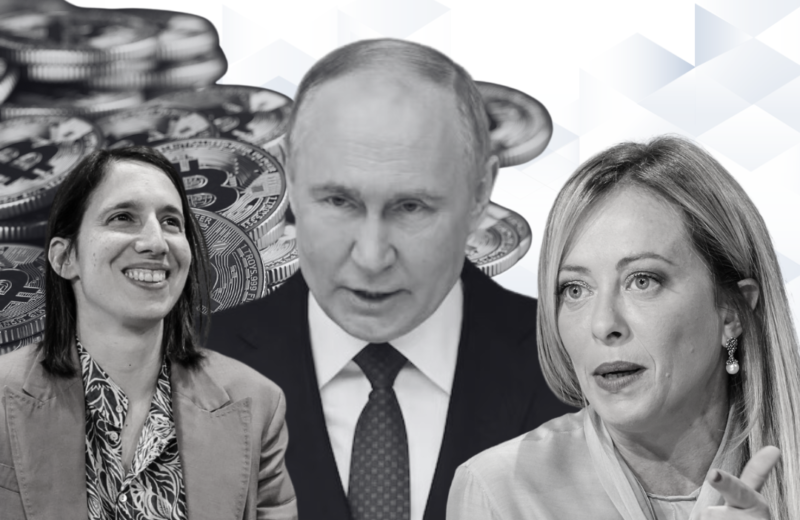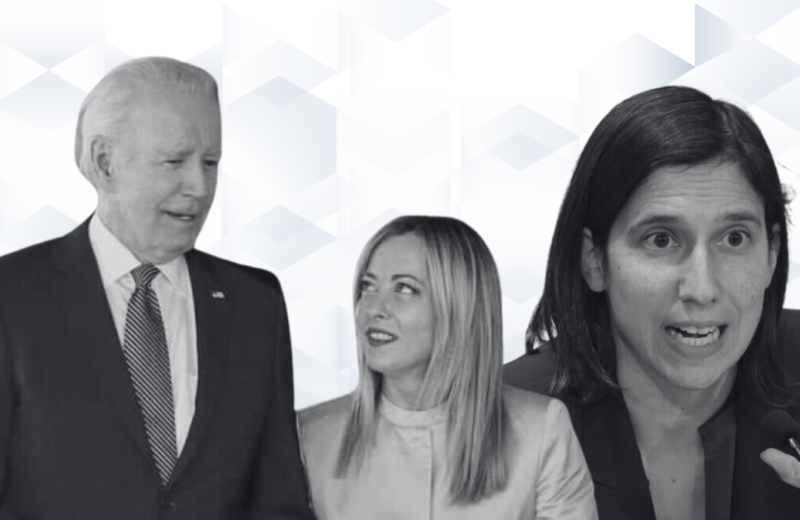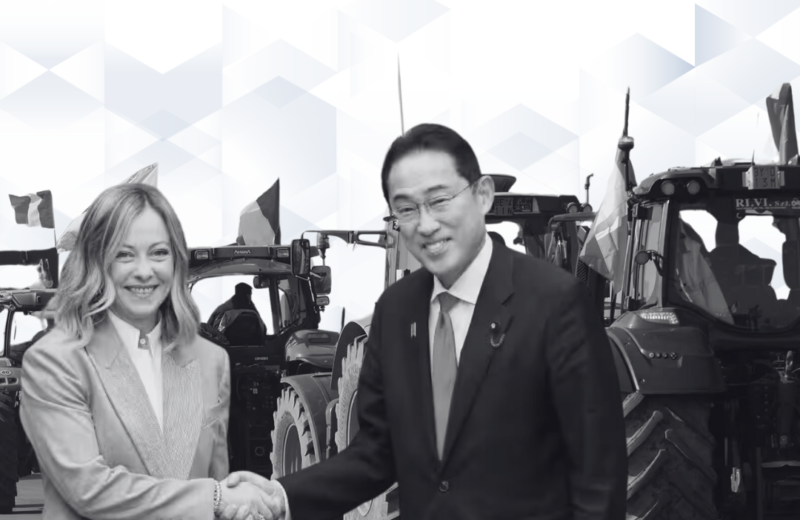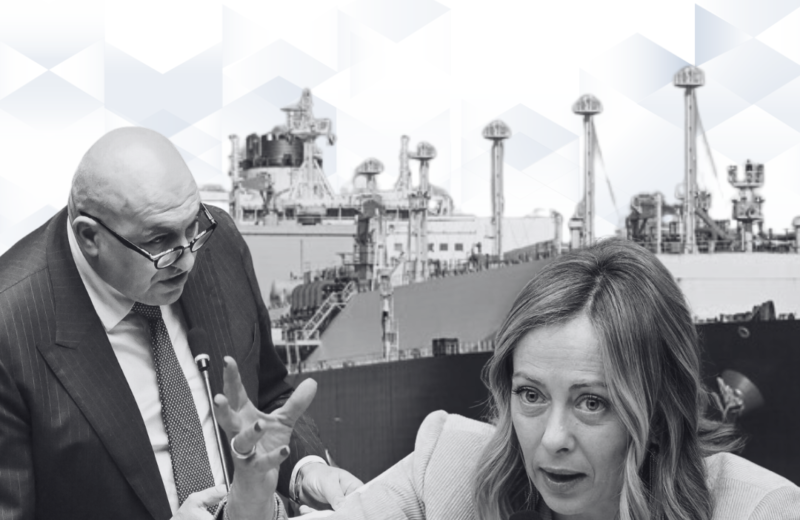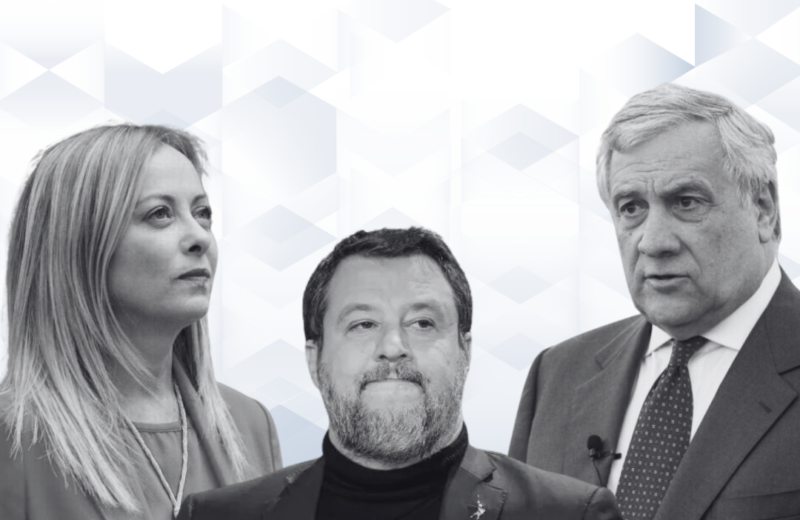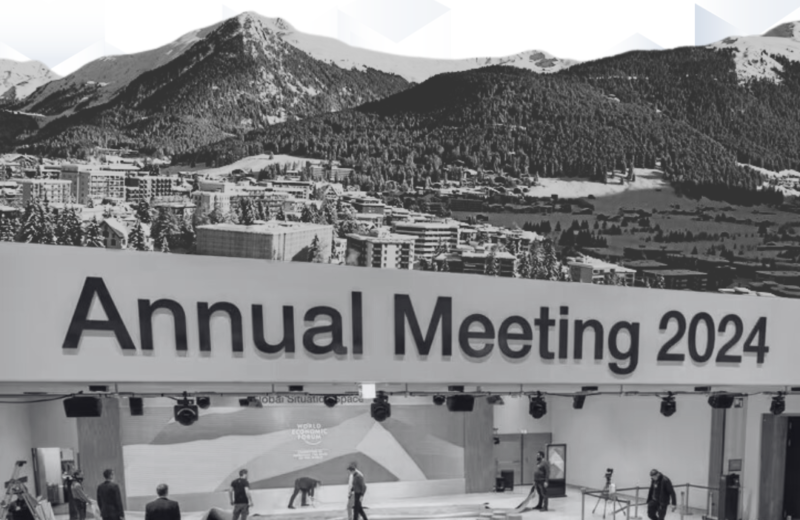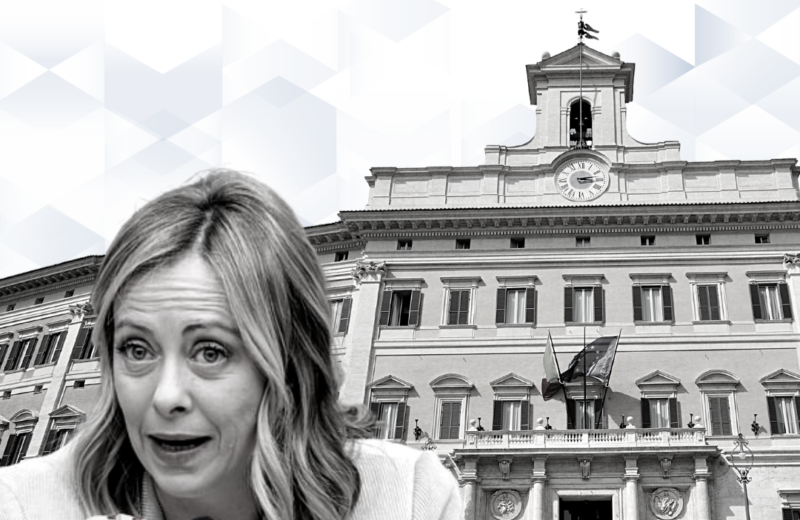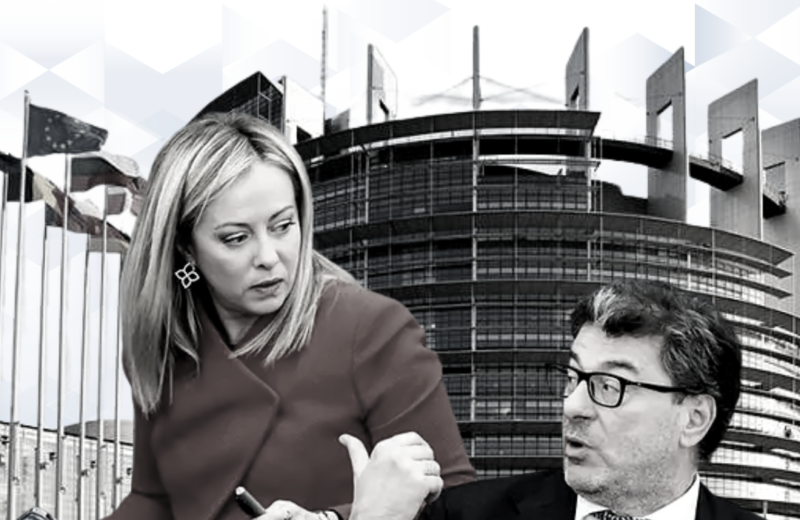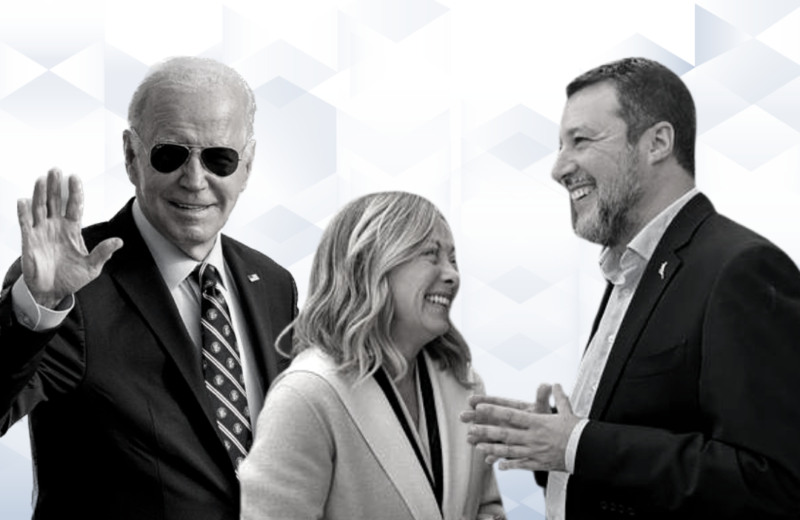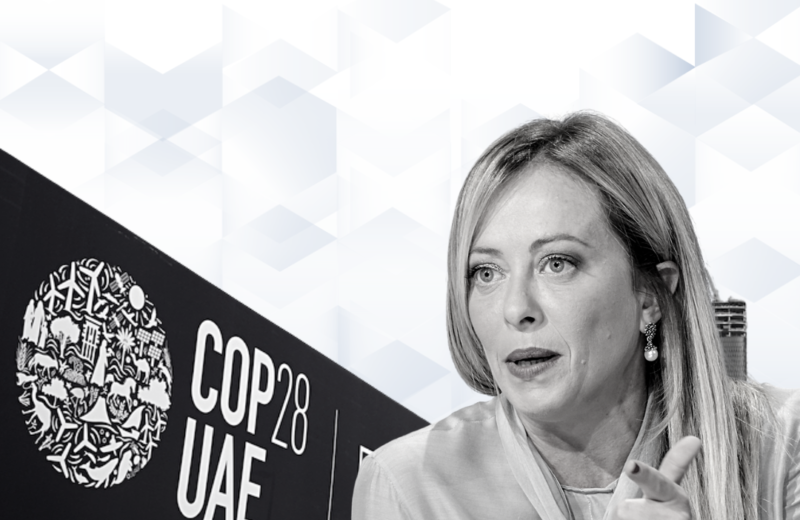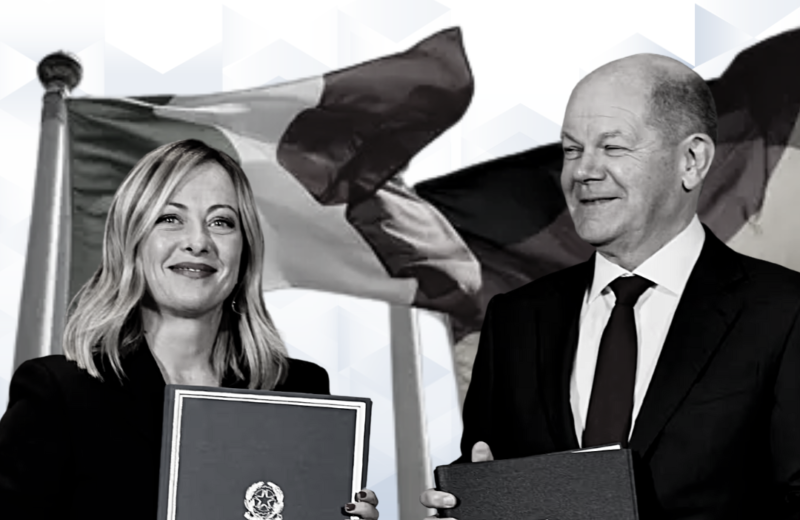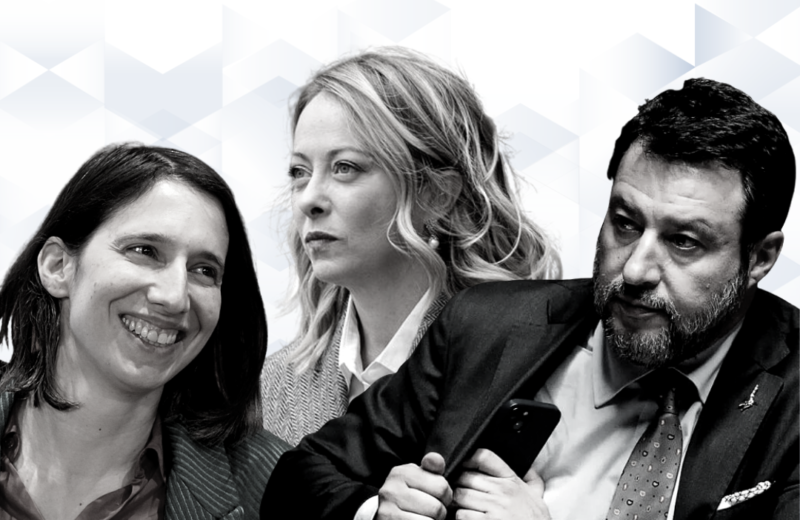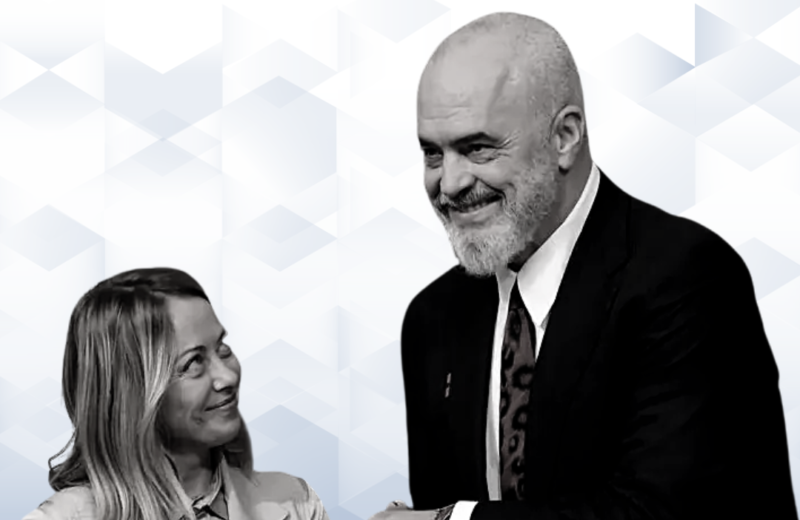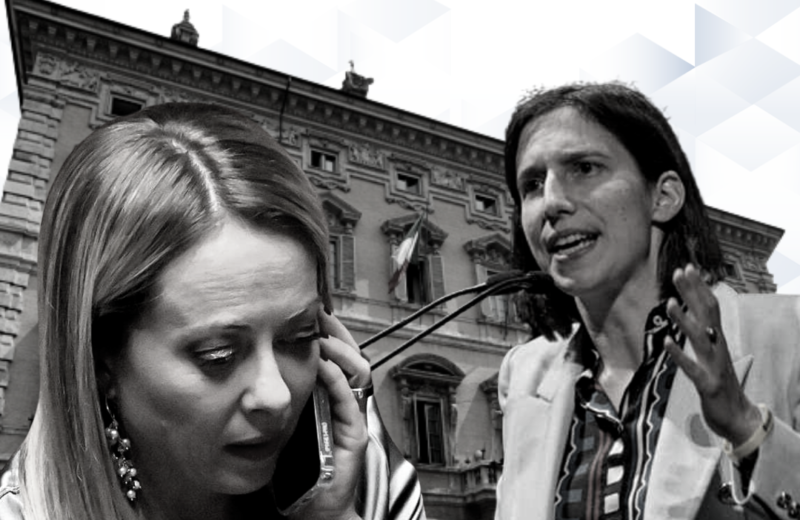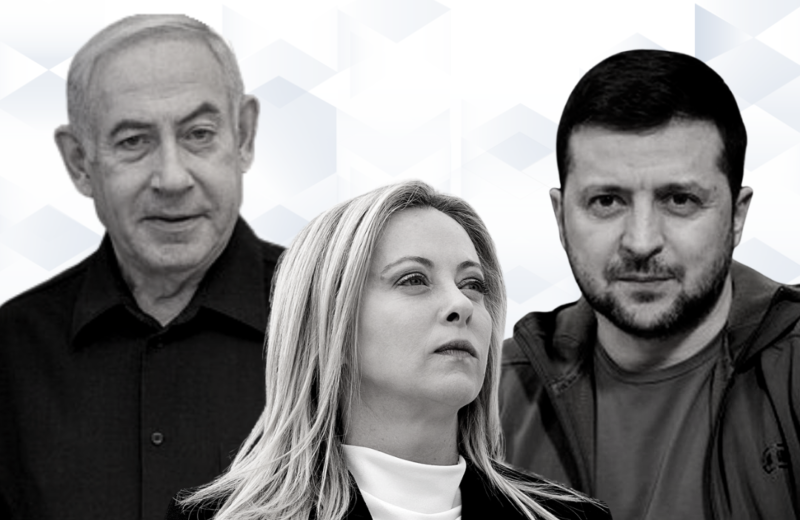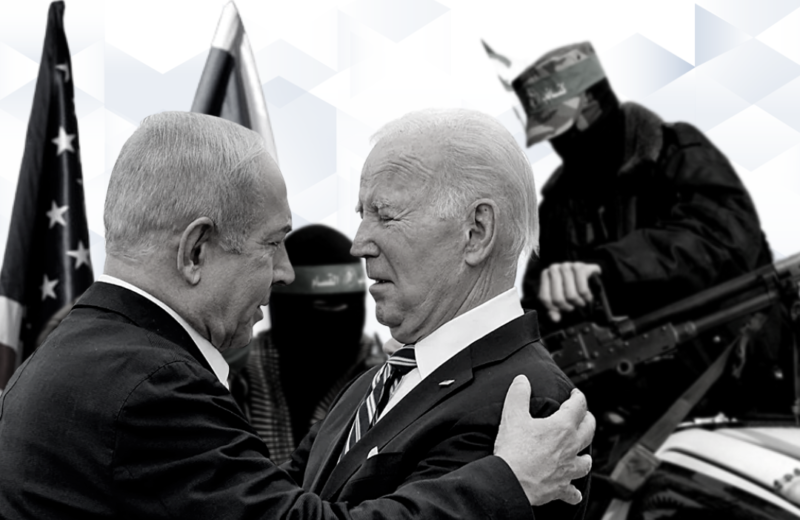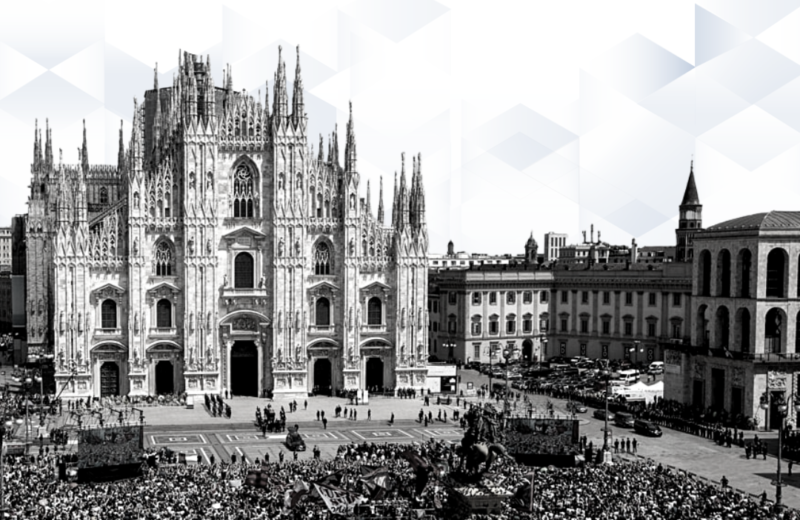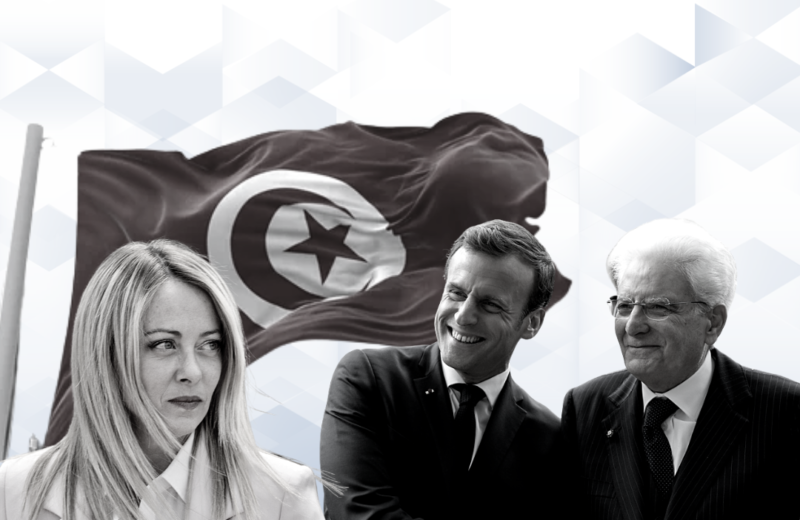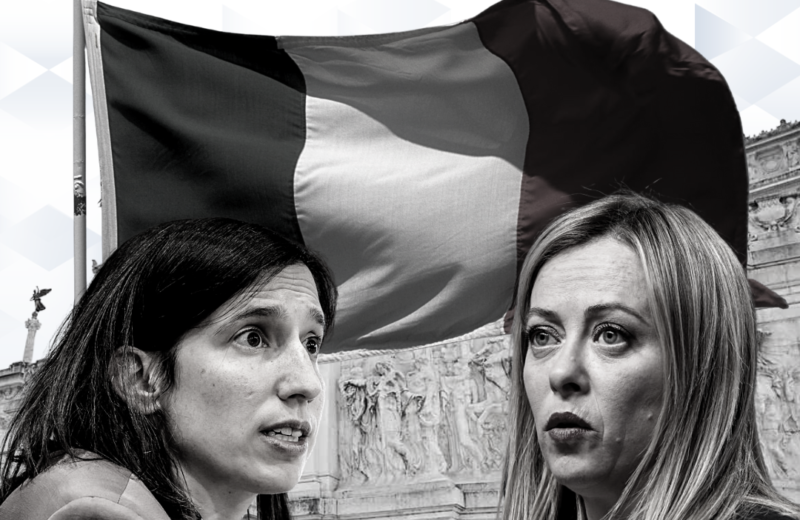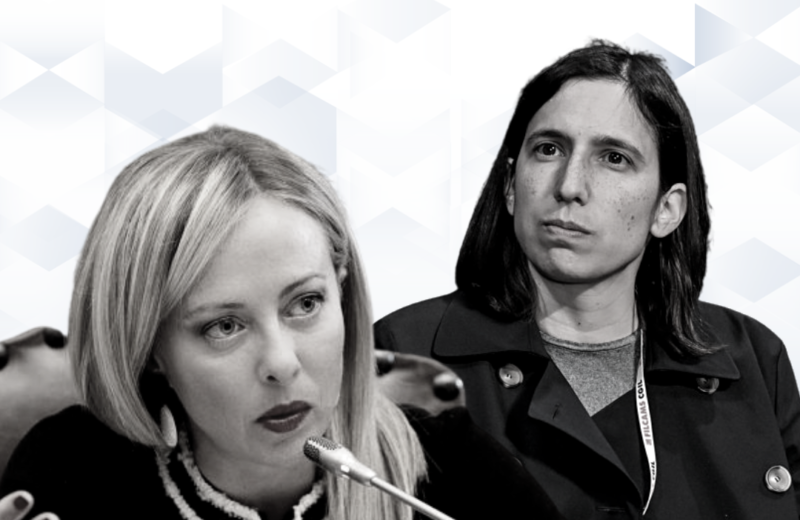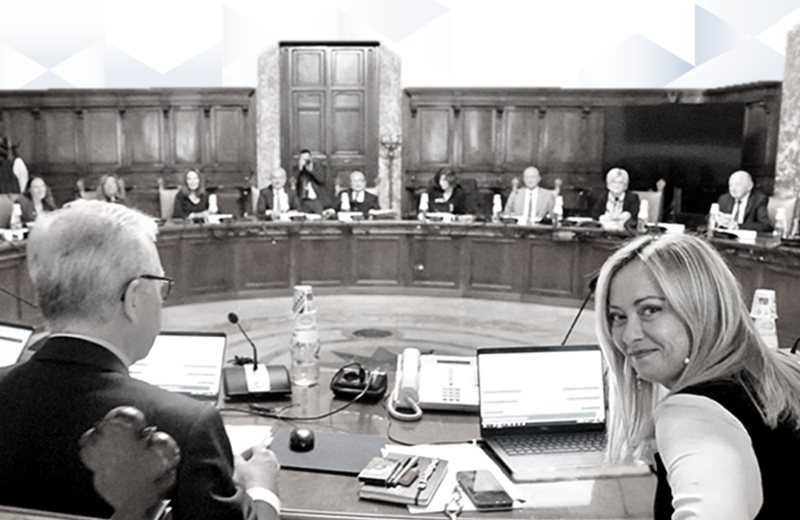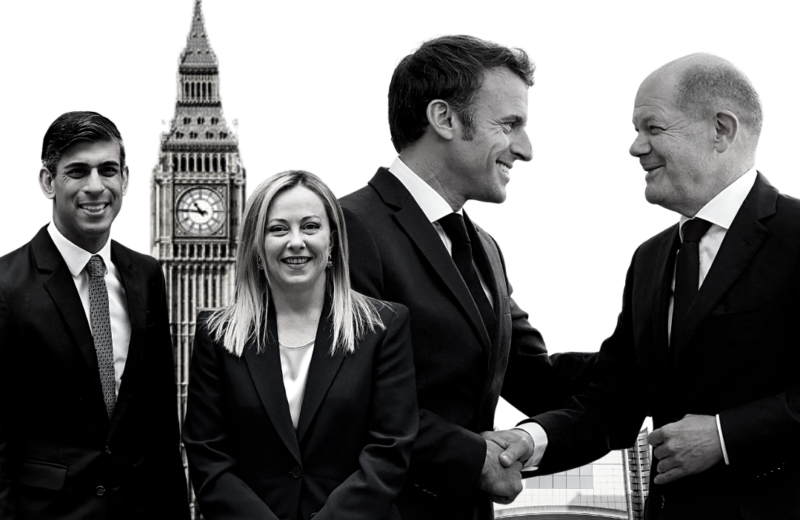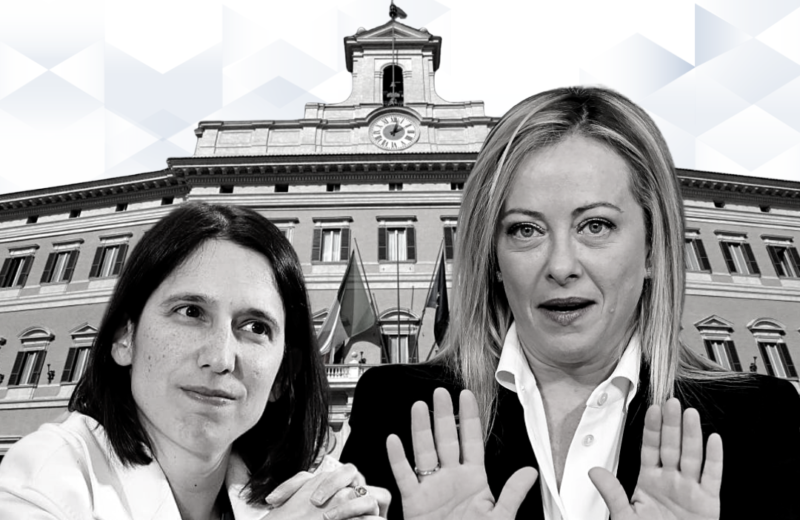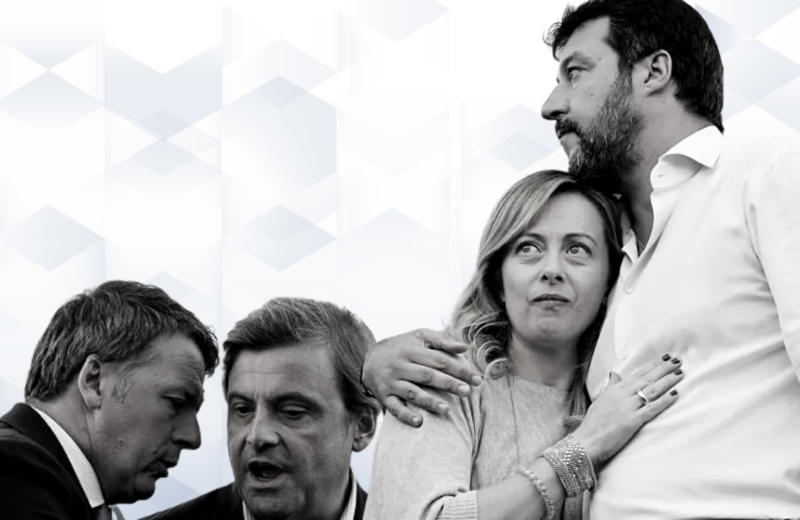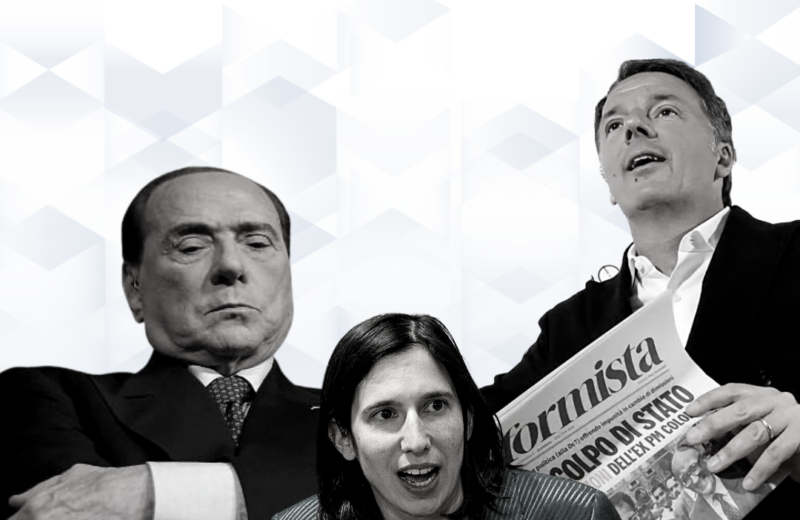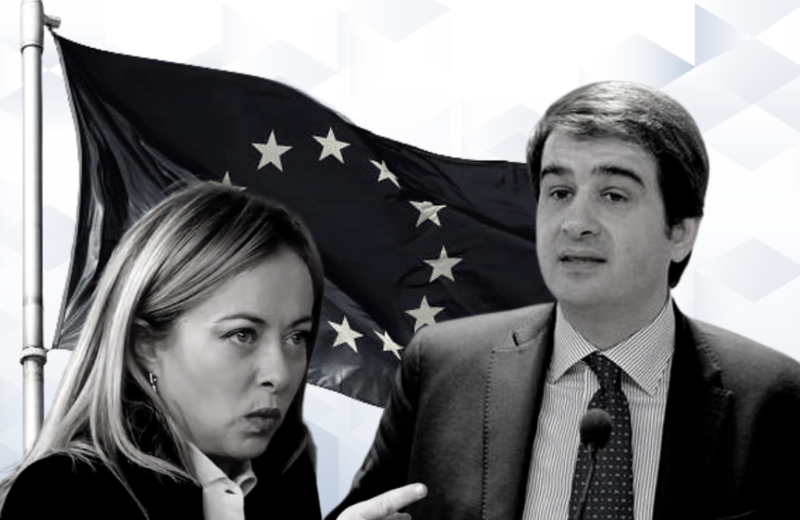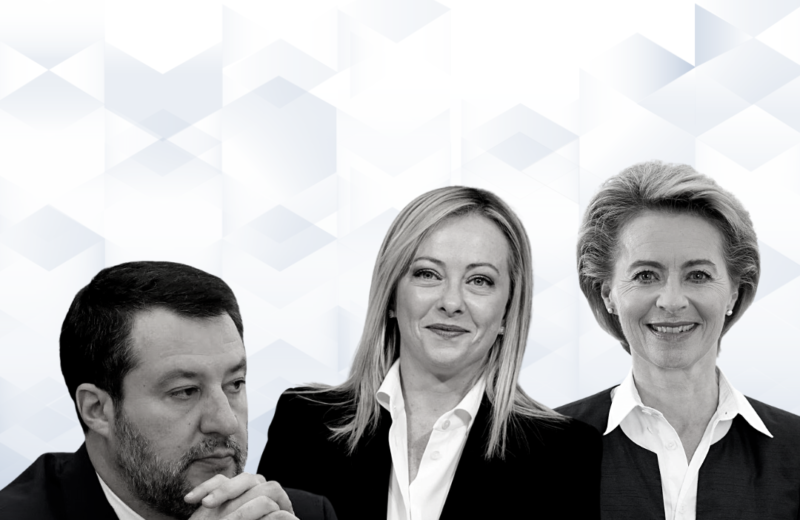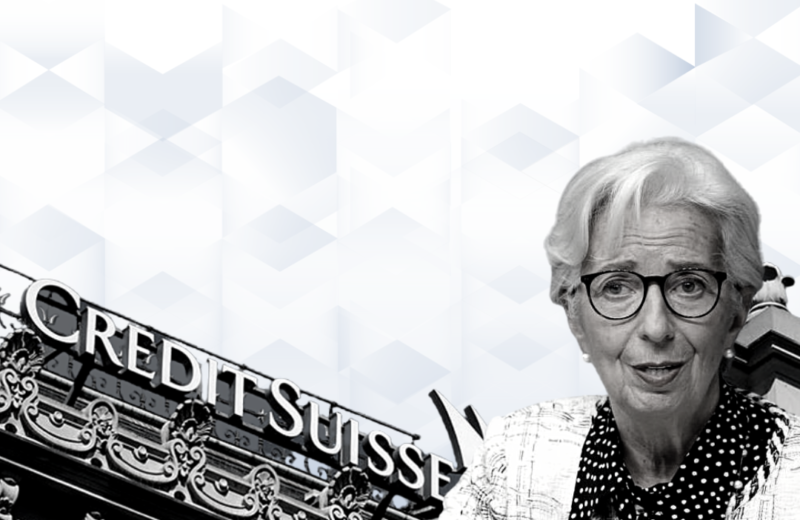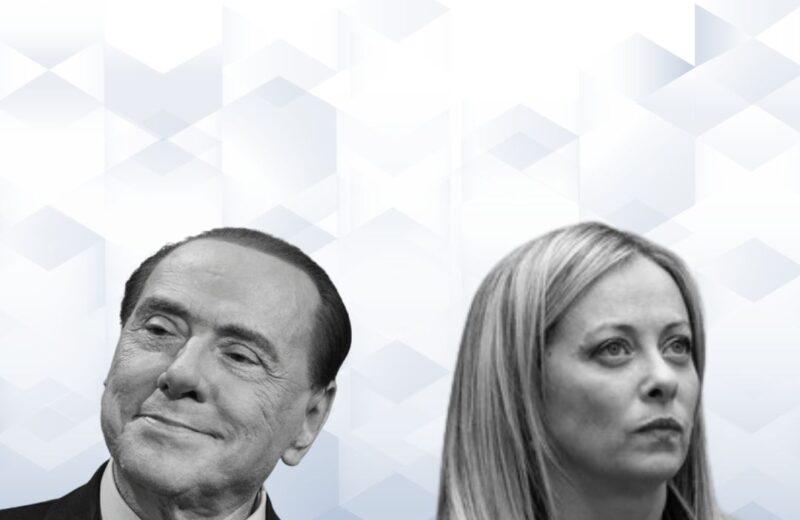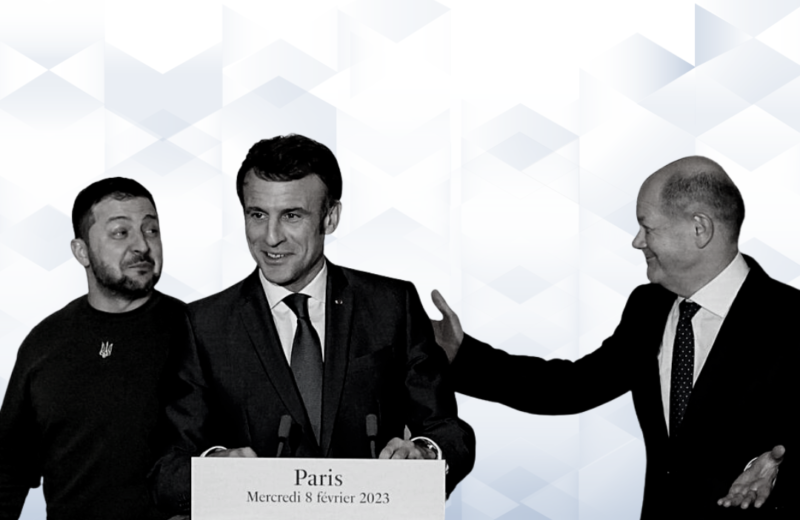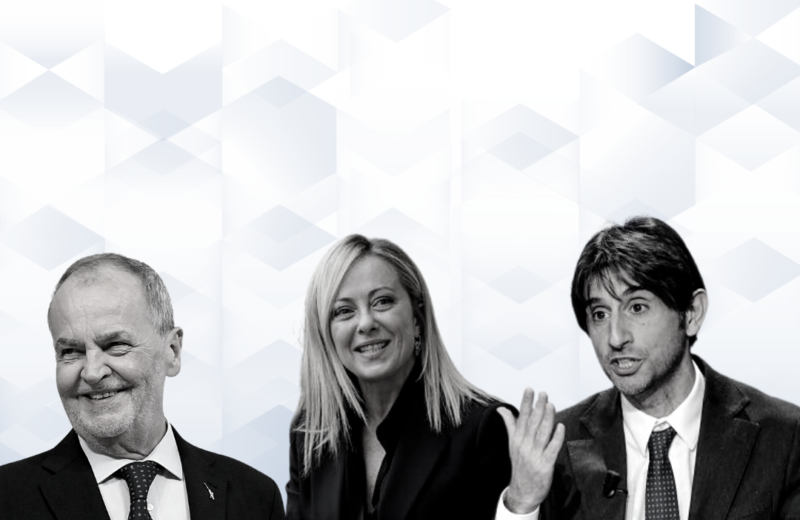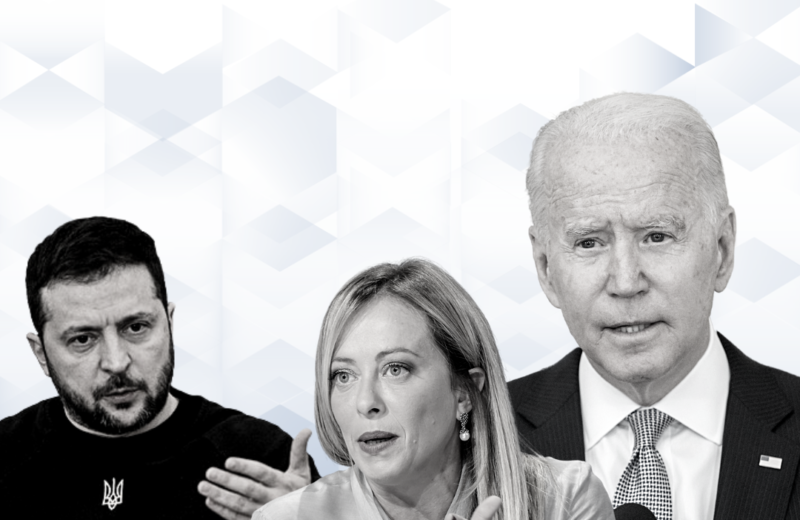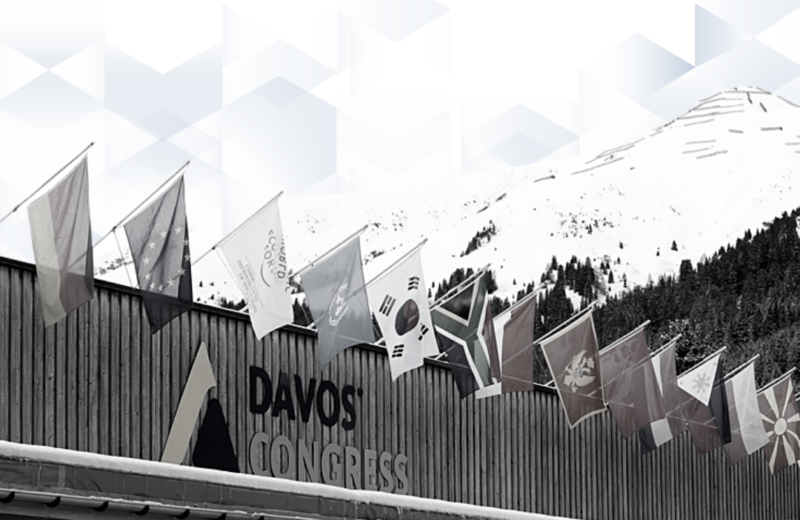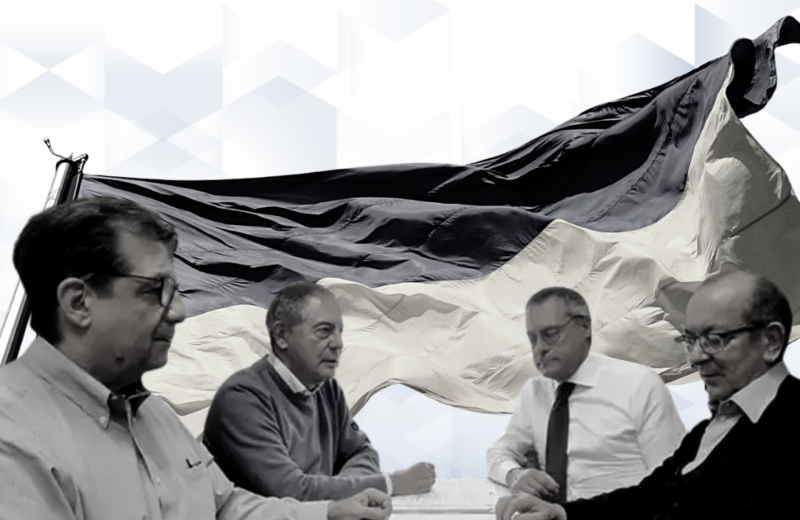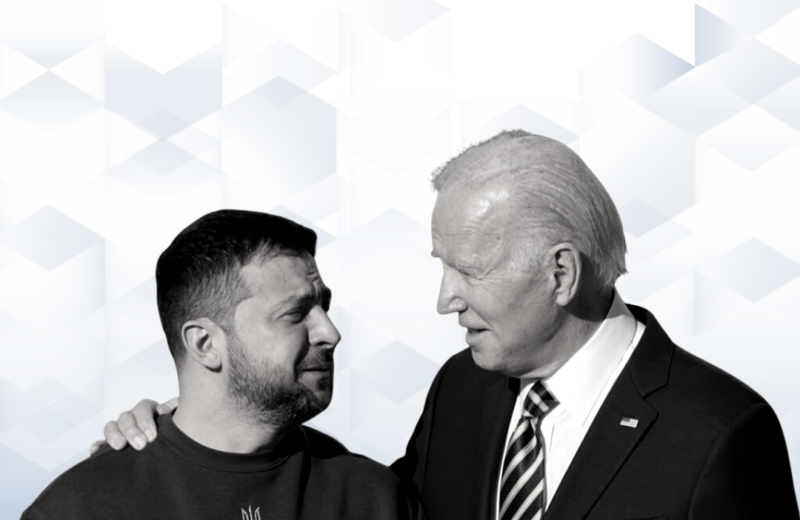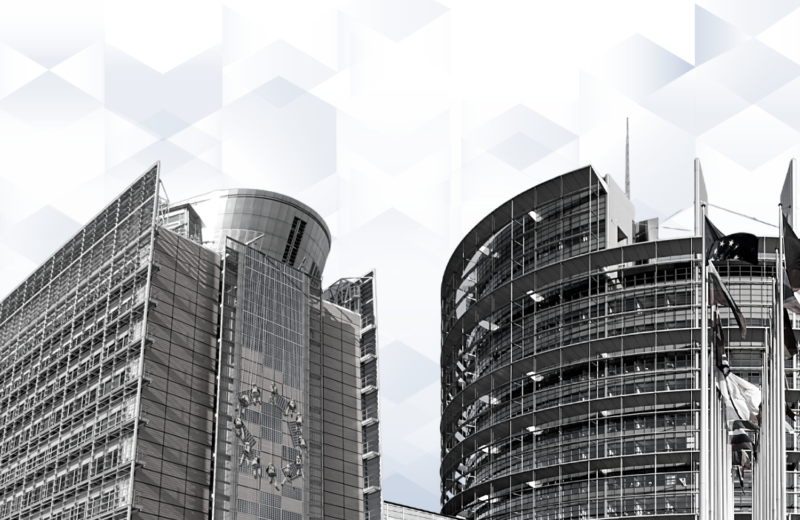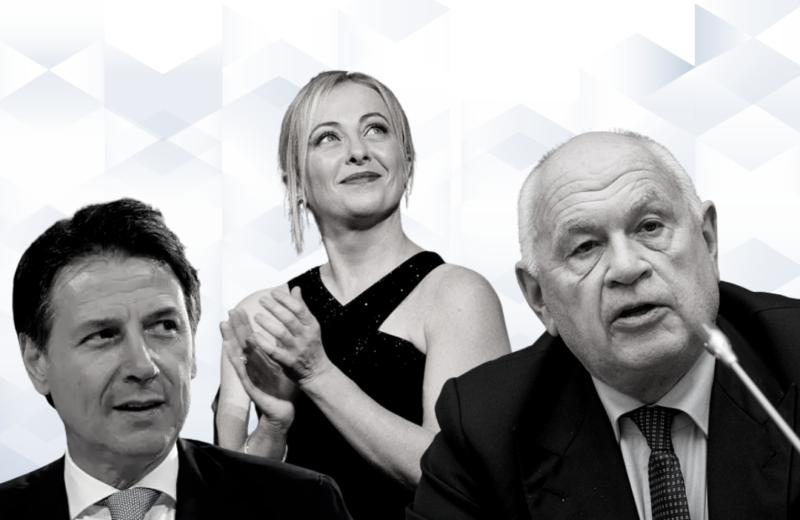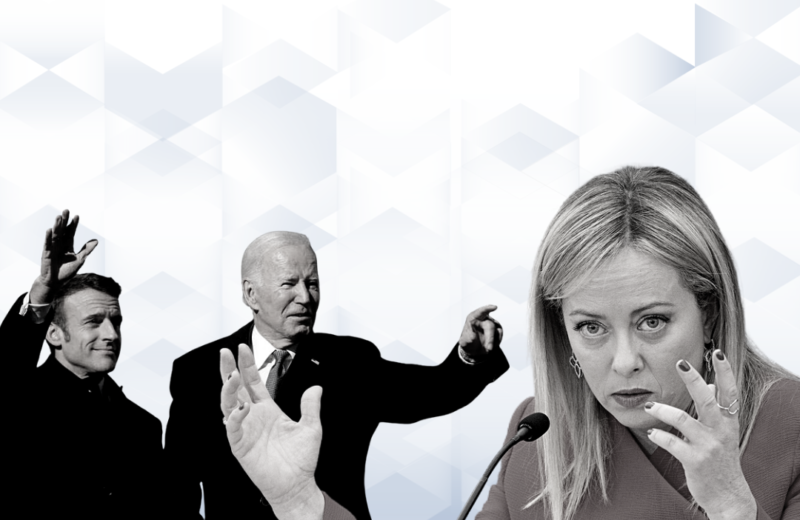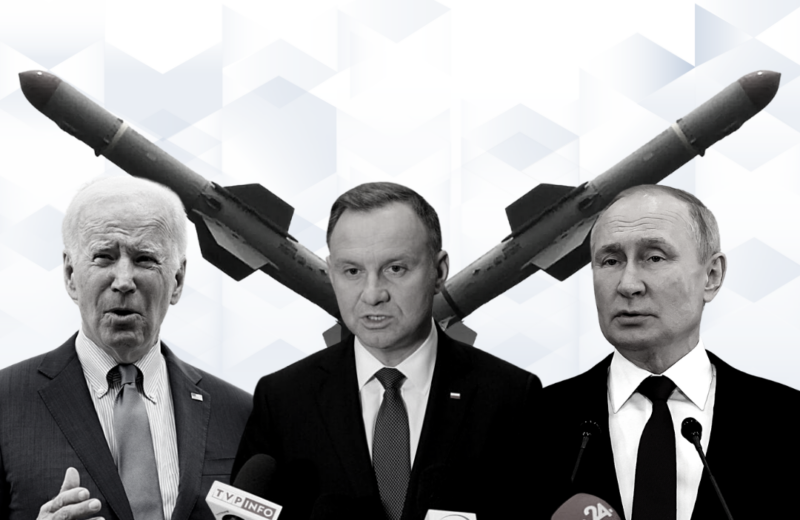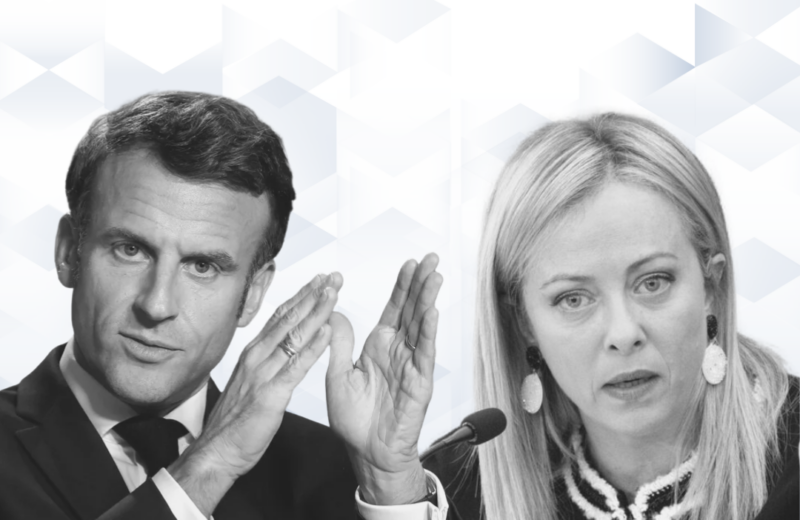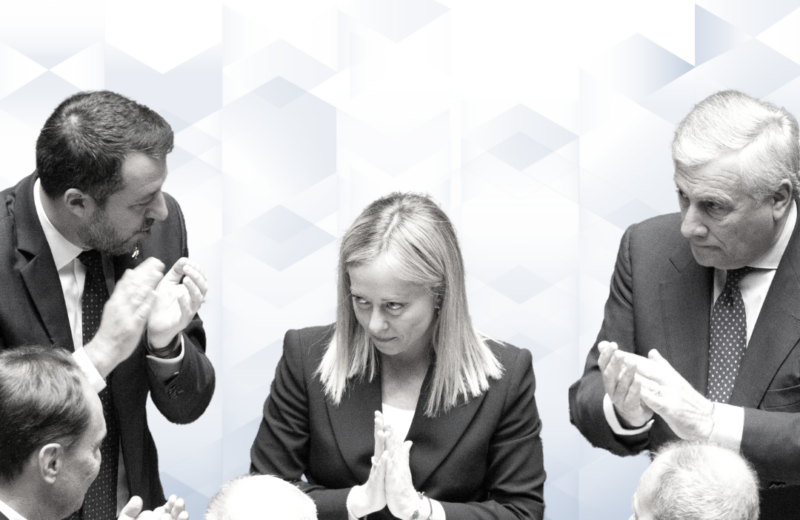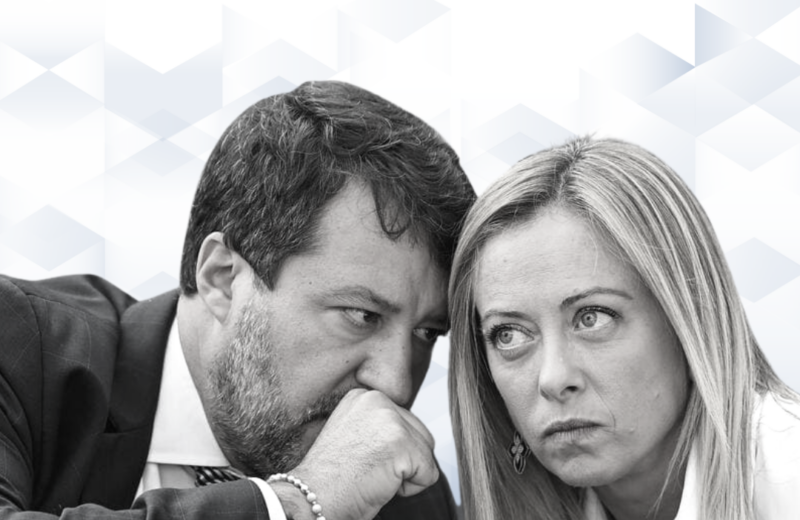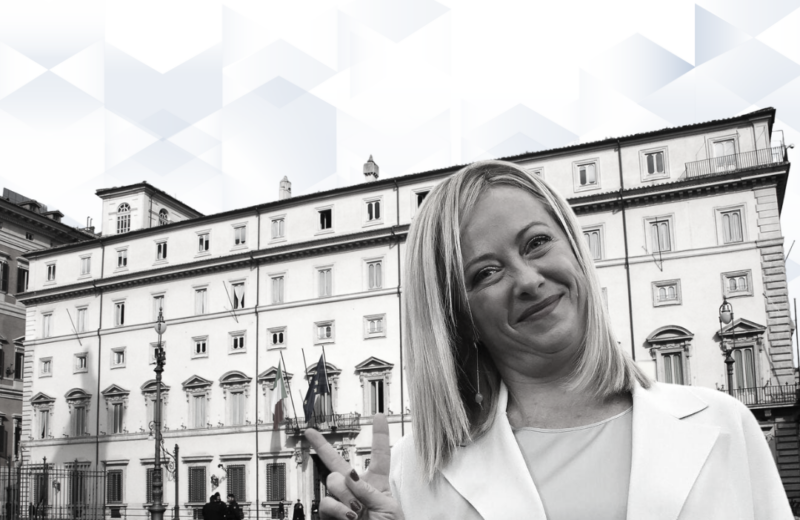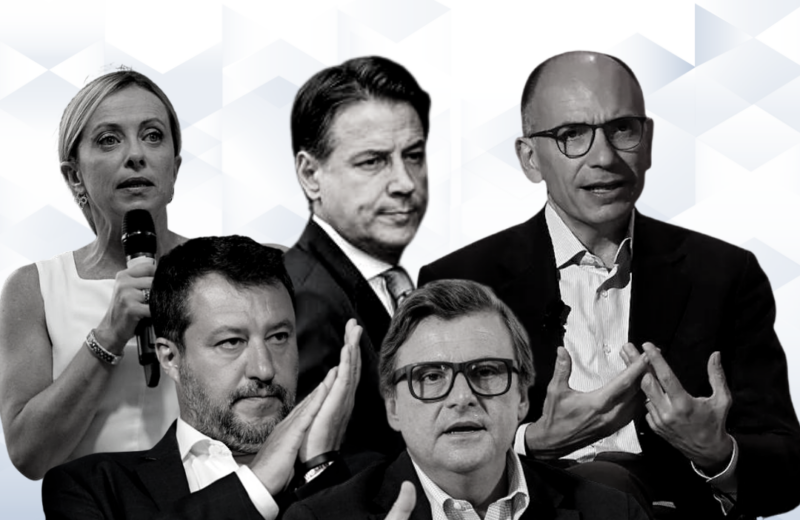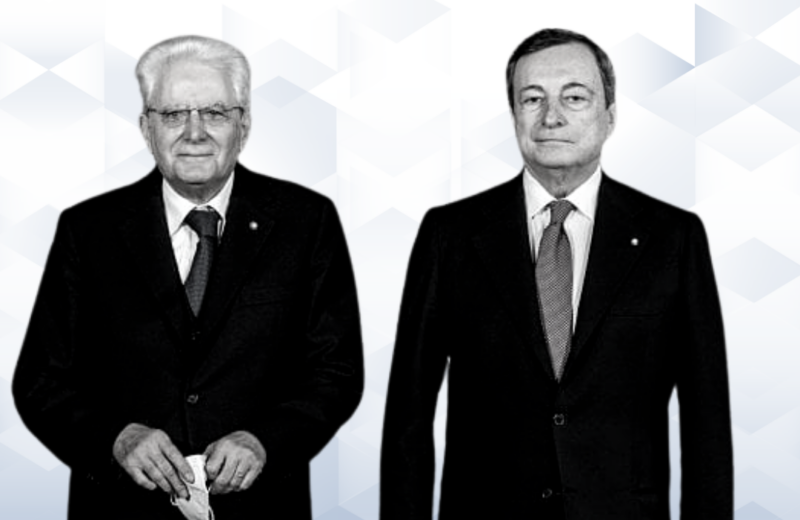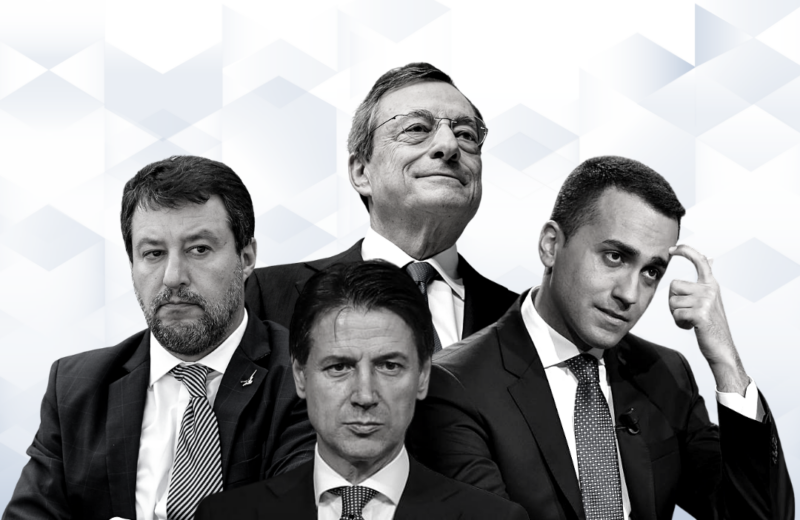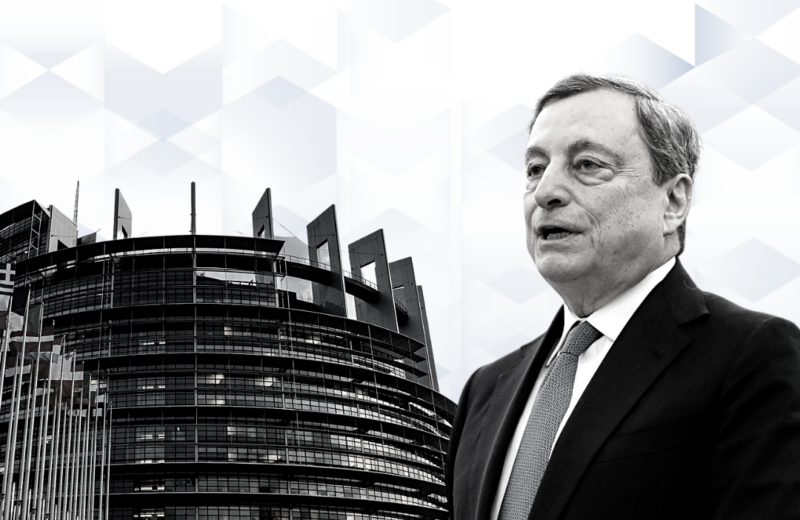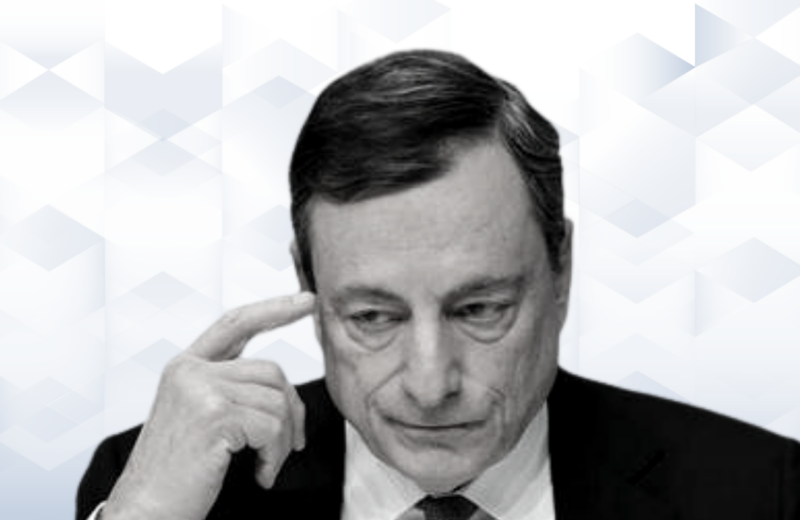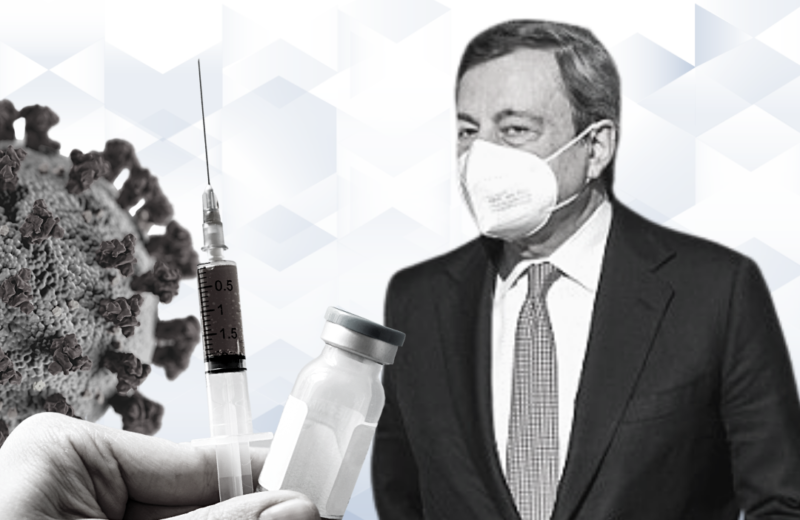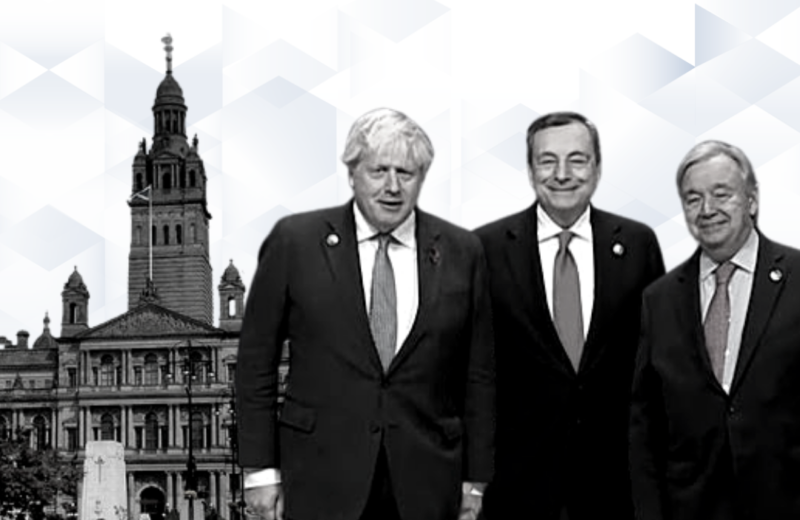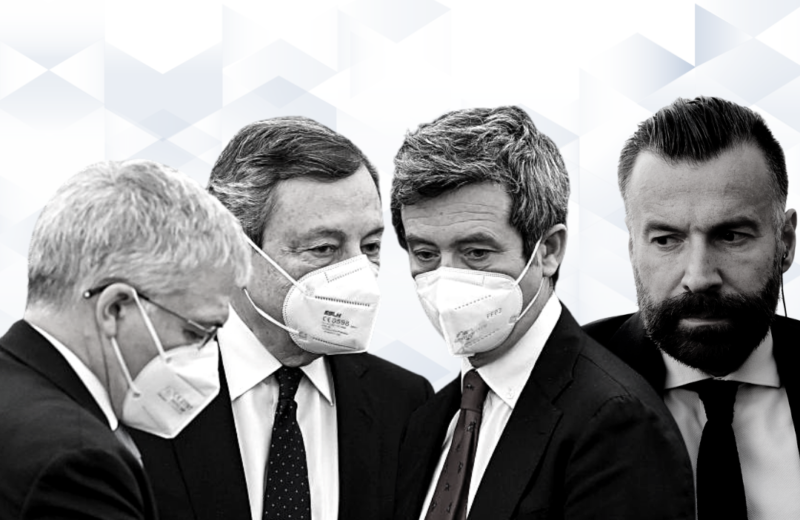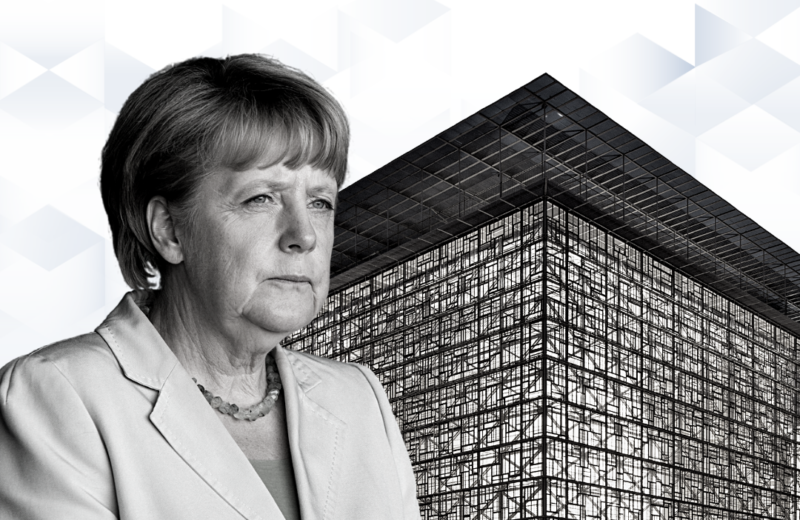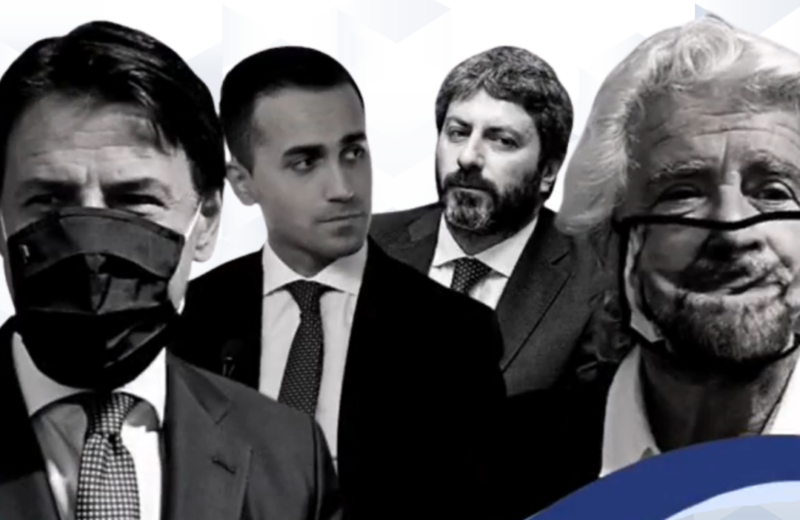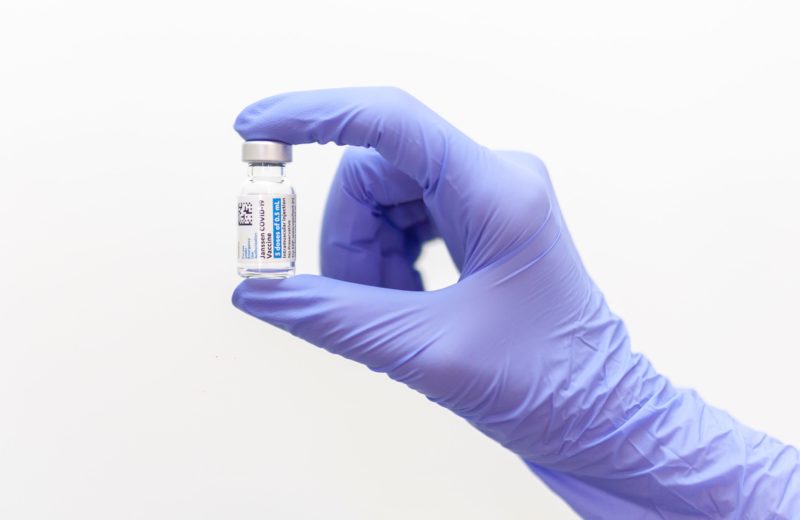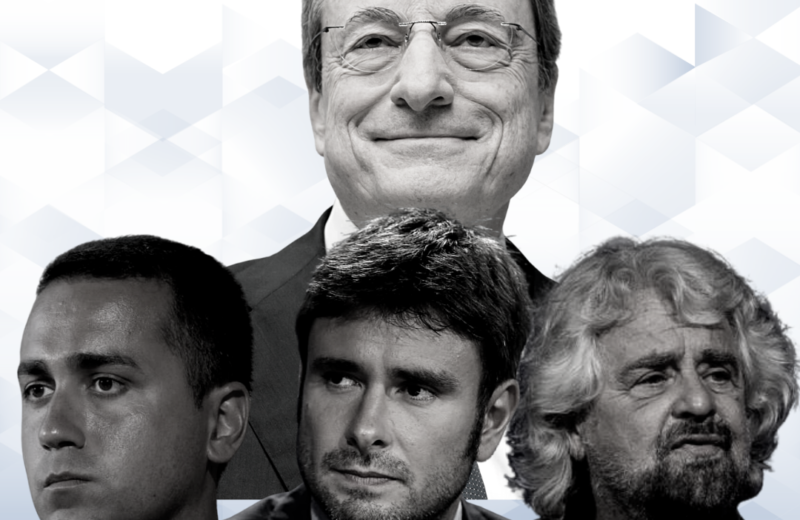The Meloni government’s knots between the Budget Law and migration flows
Great attention during the week was paid to the Council of Ministers held on Wednesday for the approval of the Update Note to the Document of Economy and Finance (NaDef) where Italian GDP growth was estimated at 1.2%, down from the 1.5% forecast in the April Def. The text of the NaDef for 2023 has not yet been publicly released, but what the government has prepared obviously takes into account the complex and intricate international economic situation, the impact of the European Central Bank’s “restrictive” monetary policy, designed to control inflation, and the consequences of the war in Ukraine on the European and Italian economies.
Also causing much discussion was the approval in the same CoM of the new decree-law containing measures on immigration. The latter measure sanctions a clear line taken by the Meloni government on the migrant issue, which is particularly dear to the centre-right, and in the case of “serious reasons of public order or state security”, deportation may be ordered by the Ministry of the Interior or the Prefects. But among the measures at the heart of the new decree are those concerning unaccompanied minors, providing for stricter checks to verify their age and stiffer penalties in the event of false declarations.
It is not surprising then that the migrant dossier was once again at the centre of the political week and the focus of the face-to-face meeting between Meloni and French President Emmanuel Macron, which took place on Tuesday on the sidelines of the funeral of President Emeritus of the Republic Giorgio Napolitano. A confrontation defined by Palazzo Chigi as “long and cordial” where the two leaders “continued to discuss the need to find a European solution” to the management of migratory flows. On the other hand, relations with Germany appeared much less cordial, also following the letter sent by the Italian Prime Minister to the German Chancellor in which he expressed her “astonishment” at Berlin’s decision to finance the NGOs operating in the Mediterranean without first consulting with Rome. Different in tone but not in content was Matteo Salvini’s hail on the point, who spoke bluntly of “an outrage” and “a hostile act” on the part of Germany that would contribute to bringing more illegal immigration to Italian shores. Salvini’s strong attacks, which end up putting the Prime Minister herself in a bad light, who redoubts some “electoral fibrillations” even within the centre-right that, although they are inevitable, “must not exceed the guard level because the stability of the government is at stake.
These are the topics at the centre of both the Med9 summit held today in Malta and the meeting of the European Political Community and the informal European Council to be held in Granada on 5 and 6 October, where the eagerly awaited confrontation between Meloni and Scholz is likely to take place.
